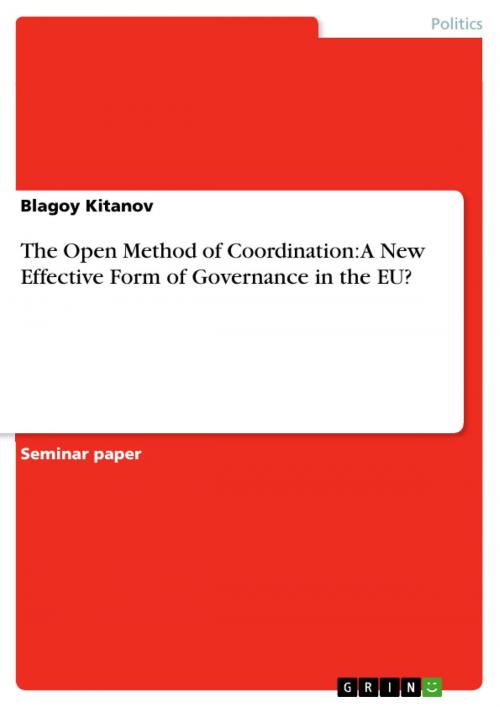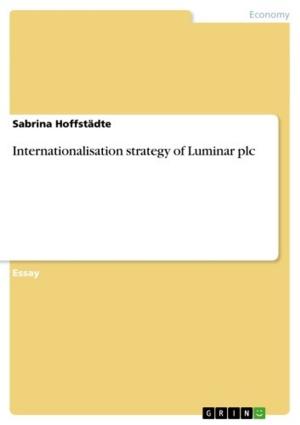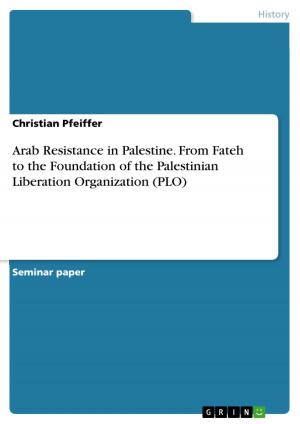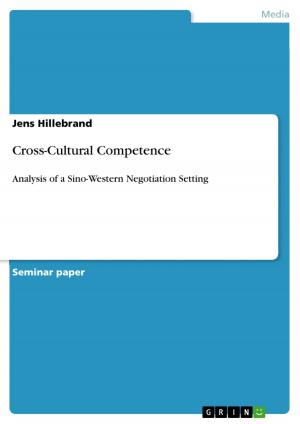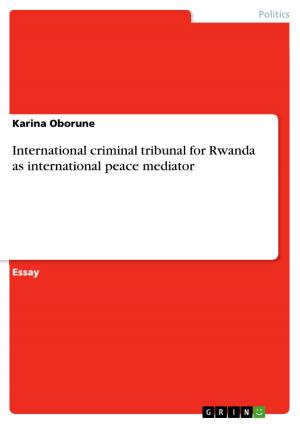The Open Method of Coordination: A New Effective Form of Governance in the EU?
Nonfiction, Social & Cultural Studies, Political Science| Author: | Blagoy Kitanov | ISBN: | 9783640693931 |
| Publisher: | GRIN Publishing | Publication: | September 1, 2010 |
| Imprint: | GRIN Publishing | Language: | English |
| Author: | Blagoy Kitanov |
| ISBN: | 9783640693931 |
| Publisher: | GRIN Publishing |
| Publication: | September 1, 2010 |
| Imprint: | GRIN Publishing |
| Language: | English |
Seminar paper from the year 2010 in the subject Politics - International Politics - Topic: European Union, grade: A-, International Business School Budapest , language: English, abstract: The Open Method of Coordination (OMC) was 'born' in the European Union (EU) at the Lisbon Summit of March 2000. A new method of integration was needed in order to achieve the Lisbon agenda - the EU to become the most competitive knowledge based economy in the world with better jobs and greater social cohesion. In this context OMC was presented as the most appropriate policy tool towards achieving an economic and social 'revival'. Since its introduction the OMC has gained momentum in European policy-making because many areas previously falling under the exclusive competence of the member states (MS) are now tackled at the European level. Although the OMC was originally designed to foster a problem-solving approach in the area of employment, it has now expanded to include the fields of social exclusion, immigration, pensions and education.
Seminar paper from the year 2010 in the subject Politics - International Politics - Topic: European Union, grade: A-, International Business School Budapest , language: English, abstract: The Open Method of Coordination (OMC) was 'born' in the European Union (EU) at the Lisbon Summit of March 2000. A new method of integration was needed in order to achieve the Lisbon agenda - the EU to become the most competitive knowledge based economy in the world with better jobs and greater social cohesion. In this context OMC was presented as the most appropriate policy tool towards achieving an economic and social 'revival'. Since its introduction the OMC has gained momentum in European policy-making because many areas previously falling under the exclusive competence of the member states (MS) are now tackled at the European level. Although the OMC was originally designed to foster a problem-solving approach in the area of employment, it has now expanded to include the fields of social exclusion, immigration, pensions and education.
